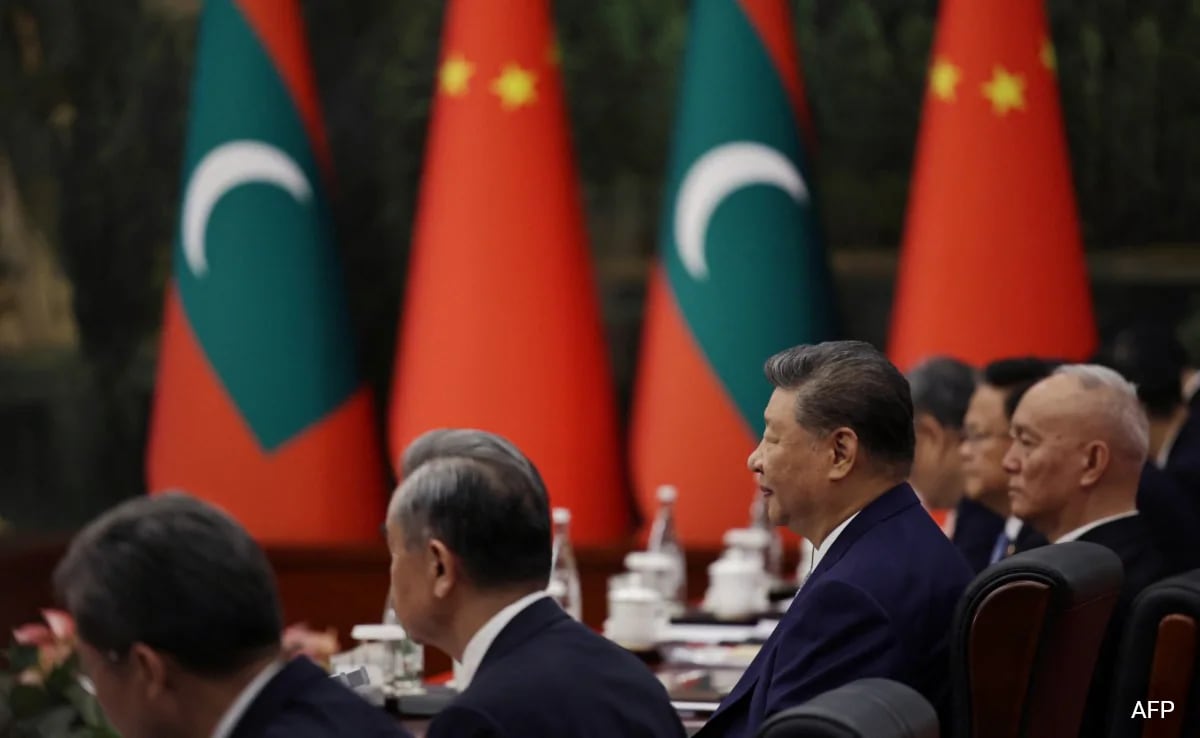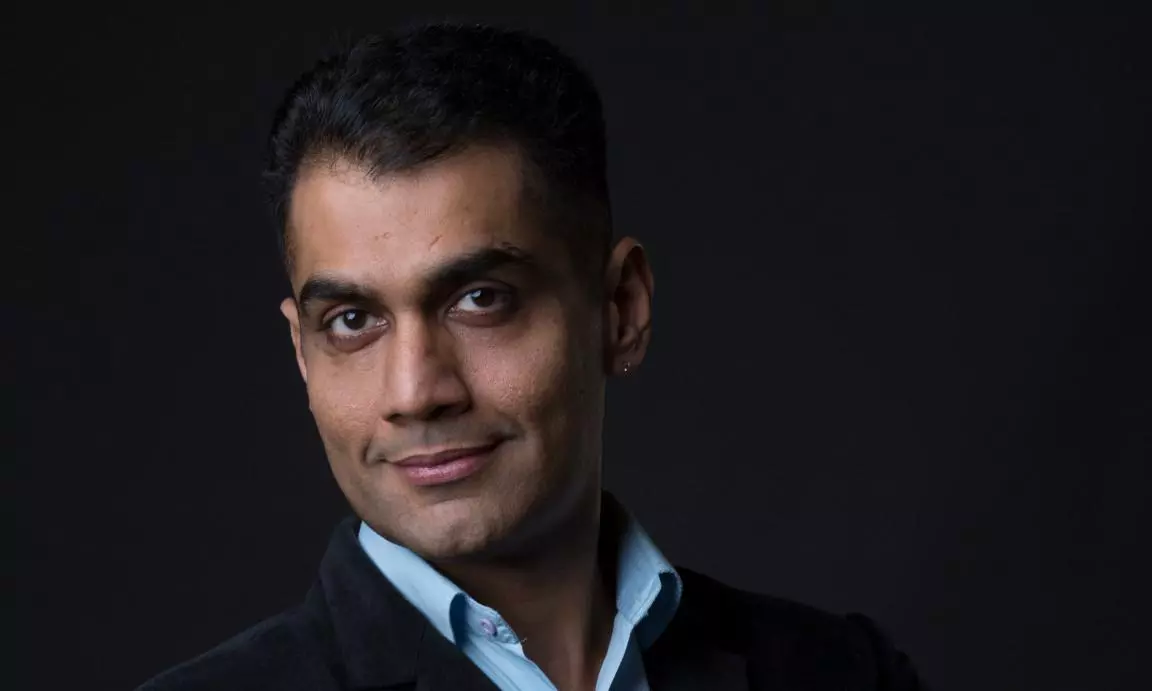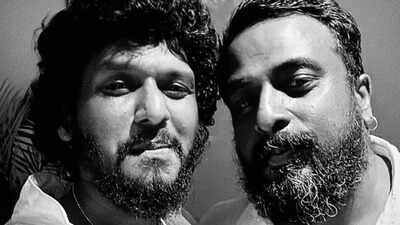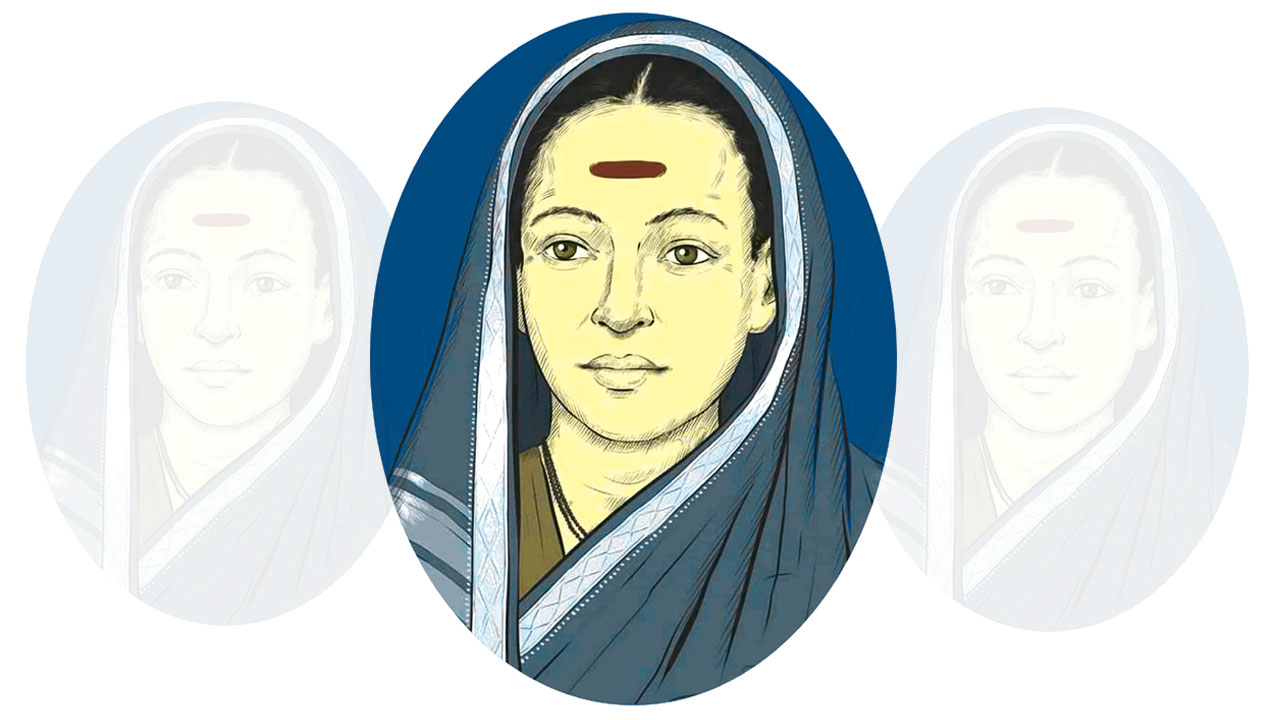Jyoti Rao Phule-Savitribai Phule, a couple who sacrificed everything to bring knowledge to the lives of the underprivileged, are voices of contempt for the society of inequalities. It is because of their special efforts that today everyone in this society can learn letters. Dishali Savitribai who followed her husband's footsteps and faced many oppressions in the community.
She was born on January 3, 1831 in a farming family in a village called Nayagaon in the Satara district of Maharashtra. Savitri Bai's family has kinship with the Telangana region. Their relatives are in Nizamabad district and around Adilabad. Munnurukapu of Bodhan region is the village for them. Savitri married Jyoti Rao Phule in 1840. Being illiterate, her husband was her first teacher. She was educated at home with his encouragement. Trained as a teacher in Ahmednagar, she and her husband opened the first school in Pune in 1848 for girls from lower castes. The upper and upper castes did not like the running of this school. Due to this, they harassed and physically assaulted her. They used to throw mud, throw stones and use vulgar language on her on the way to school. After going to school she would change her muddy sari and come back with the muddy sari tied. When asked by someone, she would boldly say 'I am performing my duty'. However, tired of being harassed daily, one day she cracked her cheek. In 1849 Phule and Savitribai were exiled. The couple started a total of 52 schools during their lifetime.
She also founded Mahila Sevamandal in 1852 to sensitize women about human rights and other social issues. In addition to gender issues, the organization worked for the empowerment of women against the oppression of caste and patriarchal systems. Savitribai Phule was the first to say that women's rights are human rights. In 1873, she started the 'Satya Shodhak Samaj' with her husband to search for truth in a society structured as a caste system based on lies and upper-caste arrogance. A lot of girls who experience widowhood in childhood are given shelter with rice. The pregnant women were given pus and they saw light in their eyes. Thus, a child who had been taken away from her after being filled with pus was admitted to her sister. Named as Yashwant, they grew up according to their ambitions and aspirations. Savitribai vehemently condemned the beheading of widows.
From 1868, Savitribai fought against untouchability. Once in 1870 and again in 1896 when there was severe famine in the country, about 2,000 orphans from families affected by famine were admitted to Akku. Mid-day meal has been started for students in their schools. Savitribai was not only a social reformer but also a writer. It is a great tribute that we give to those luminaries who sacrificed everything for the society and spread literal light in the dark lives and strive for the society in accordance with their ambitions.
Sampat Gaddam
Updated Date – Jan 03 , 2024 | 12:49 AM




























































